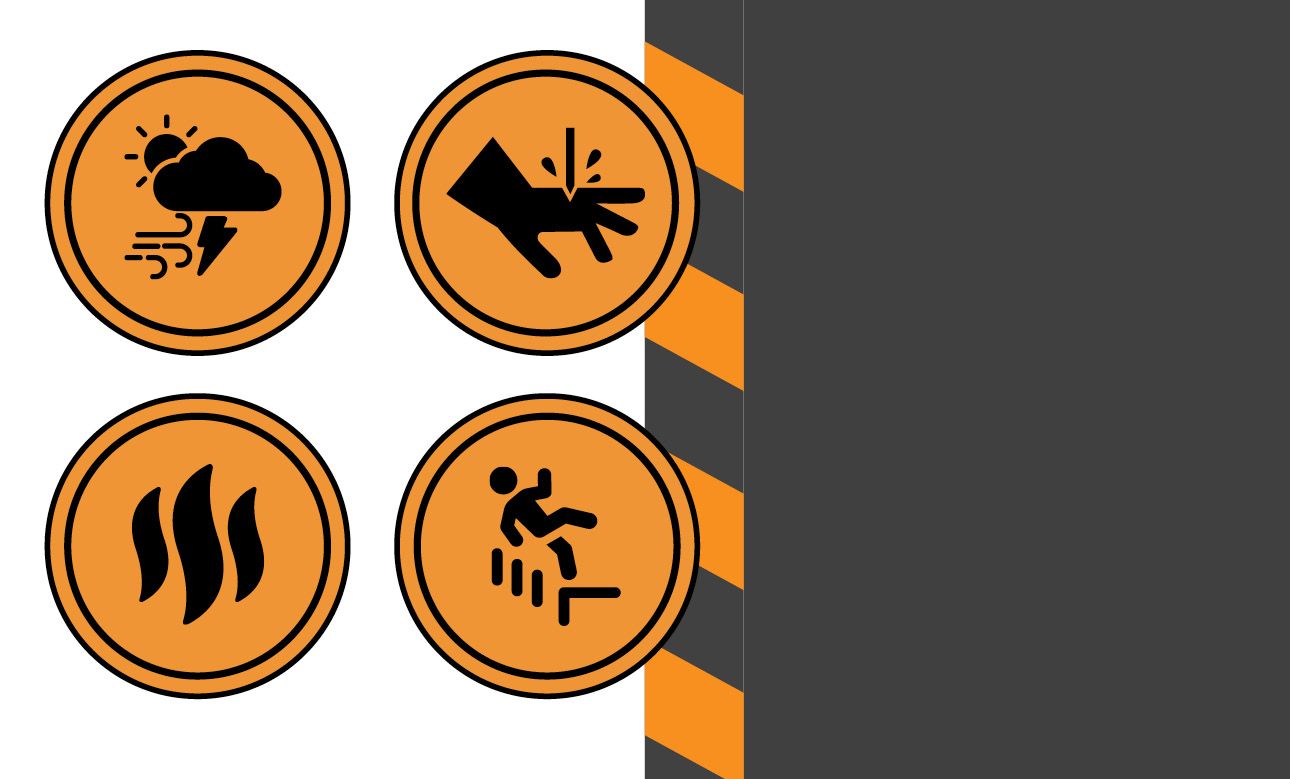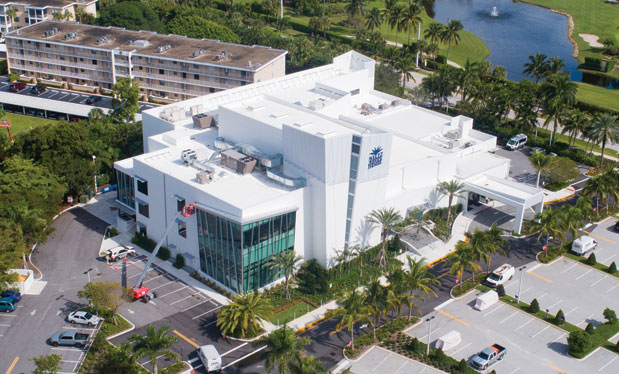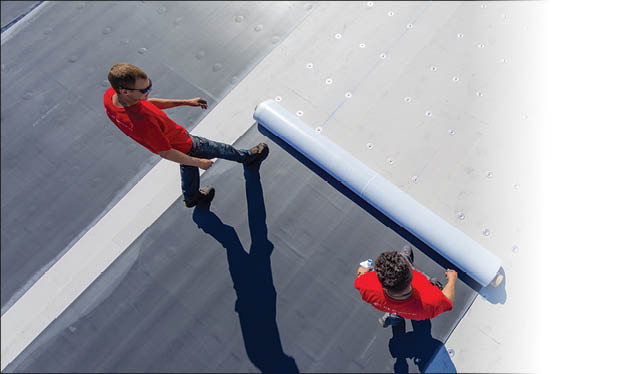
Currently, owners of sole proprietorships, partnerships, trusts and S corporations may deduct up to 20% of their qualified business income. This deduction—referred to as a Section 199A, or QBI, deduction—was passed with NRCA’s support as part of the Tax Cuts and Jobs Act of 2017. Although the deduction is scheduled to expire at the end of 2025, the lower corporate rate remains at 21% indefinitely. Unfortunately, this will result in some businesses having a competitive advantage over others.
NRCA has fought to ensure this deduction continues through the Main Street Tax Certainty Act (S. 1706/H.R. 4721), a priority issue for Roofing Day in D.C. advocacy. The Main Street Tax Certainty Act is simple—it makes this vital tax provision permanent and allows for parity in the tax code for corporations and pass-through businesses.
Businesses benefit
During the 2017 tax reform debate, pass-through business owners were successful in securing tax relief comparable to the reduction in the corporate rate, allowing pass-through business owners to deduct up to 20% of their qualified business income when determining their personal tax liability. This reduces effective tax rates for pass-through business profits up to 20%.
Section 199A is an essential part of the tax code. Without it, many individual- and family-owned businesses would pay significantly higher taxes, putting them at a competitive disadvantage and accelerating economic consolidation. These businesses are the backbone of the economy; composing 95% of all businesses, those organized as pass-through businesses also employ the most private-sector workers.
To ensure focus on job creation and investment, Section 199A limits the deduction for larger pass-through businesses in favor of those that have significant employment and investment levels. If a large pass-through business doesn’t create jobs and invest in its community, it doesn’t get the deduction.
“Certainty in the tax code, particularly the Section 199A QBI deduction, plays a vital role in my ability to invest back into my employees, business and community,” says Scott Shufflebarger, president of NRCA member Hertless Brothers Roofing Inc., Richmond, Va. “That investment manifests itself in a variety of ways, including higher wages for employees, expanded employee benefits, new business equipment and work vehicles, as well as the ability to donate labor and materials to many great organizations, such as Ronald McDonald House Charities and Habitat for Humanity.”
Making a change
NRCA is diligently working to make the 199A deduction permanent before its expiration in 2025. Through coalition efforts, the Main Street Tax Certainty Act is making headway. Introduced by Rep. Lloyd Smucker (R-Penn.), Rep. Henry Cuellar (D-Texas) and Sen. Steve Daines (R-Mont.), the goal of the bipartisan, bicameral legislation is to offer support to small businesses and strengthen the economy.
As the roofing industry continues to navigate an uncertain economy, the 199A deduction provides resources for employers to invest in new equipment and retain employees by offering increased wages and benefits. Beyond the roofing industry, the deduction has a much broader effect on the economy. Pass-through businesses employ a majority of private-sector workers (58%), so any increase in their taxes, and yours, will be detrimental.
DEBORAH MAZOL is NRCA’s director of federal affairs in Washington, D.C.



